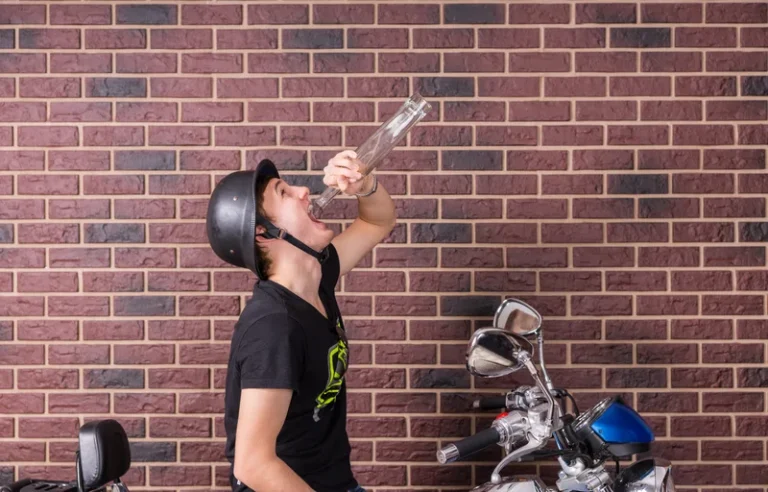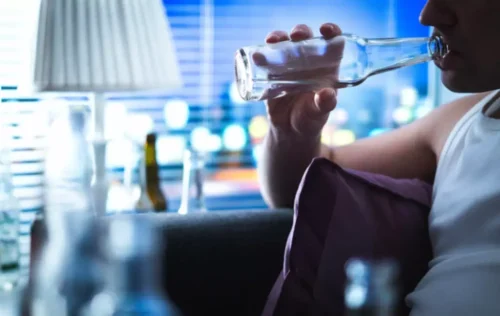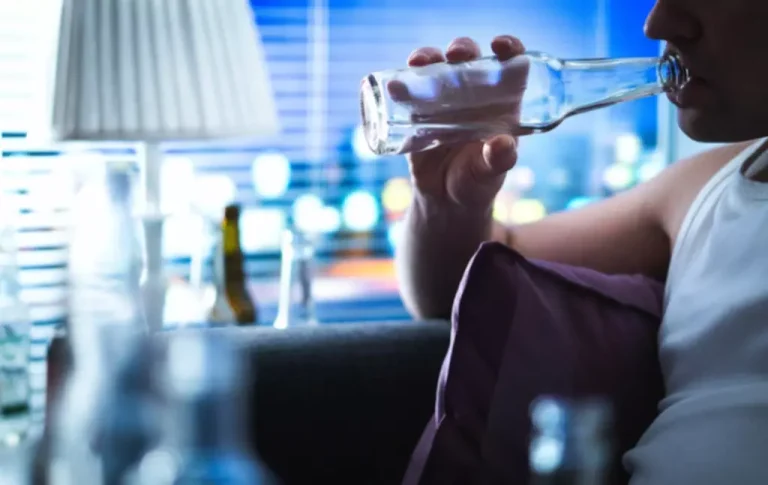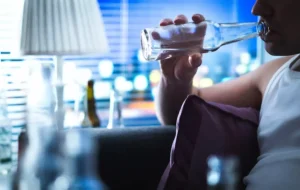
There are many risks of long-term alcohol use, including cancer and liver damage. For this reason, experts recommend seeking help if a person experiences persistent night sweats related to alcohol consumption. Dilated blood vessels cause the skin to feel warm and flushed, which can trigger the release of sweating after alcohol sweat. However, as many people drink alcohol in the evening, night sweats are common.
Treatment and Management of Alcoholic Night Sweats
Keeping a comfortable sleeping environment is vital for preventing night sweats. Maintain a comfortable room temperature, typically around 60-67°F (16-19°C), to help your body regulate its temperature during sleep. Using breathable beddings such as cotton sheets and avoiding heavy blankets that trap heat can also help in reducing night sweats. Some people receiving treatment for cancer have hot flashes and night sweats.
- Alcohol withdrawal can trigger a cascade of unpleasant symptoms, including night sweats.
- For people who experience hallucinations as part of alcohol withdrawal, these may begin in the 12- to 24-hour time frame.
- Using breathable beddings such as cotton sheets and avoiding heavy blankets that trap heat can also help in reducing night sweats.
Risks and Complications
During the 12- to 24-hour time frame after the last drink, most people will begin to have noticeable symptoms. These may still be mild, or the existing symptoms might increase in severity. If you or someone you know shows signs of delirium tremens, go to the emergency room immediately. “It really is a waiting game,” says Dr. Blyden-Taylor, adding that unfortunately, you can’t sweat out the alcohol to speed up the process. “The body treats alcohol like a toxin because the liver can only metabolize about 12 ounces of beer an hour,” says substance abuse expert and clinical psychologist John Mayer, PhD.
What Causes Alcohol Withdrawal Symptoms?

The feeling of warmth may actually mask a drop in body temperature, and sweating makes you more likely to catch a chill. In extreme cases, some people have actually died from hypothermia after spending too much time in cold weather while drunk. But if heavy sweating is accompanied by fever, rapid heartbeat, confusion, or even hallucinations, one should seek medical assistance.

However, experts agree that if you want to avoid alcohol-induced body odor, the best method is to steer clear of the booze and have fun without drinking. There are numerous resources and dedicated professionals available to help guide you toward recovery. A single alcoholic drink is enough to trigger a hangover for some people, while others may drink heavily and not have a hangover. Drinking plenty of fluids and maintaining a cool sleep environment can help manage alcohol sweat. The first step towards alleviating these symptoms is considering quitting drinking altogether. This condition, often genetic, triggers various symptoms when you consume alcohol.
- Night sweats are one of the most common symptoms during alcohol withdrawal.
- Drinking alcohol can cause some people to feel hot and may lead to night sweats.
- At work or school, your performance might suffer due to fatigue and a lack of focus caused by insufficient rest.
- If you experience these symptoms along with regular night sweats, you may be going through alcohol withdrawal.
- If you’re trying to cut back or quit drinking, it's important to find alternative coping strategies to manage these feelings in a healthy way.
For most people, alcohol withdrawal symptoms will begin to subside after 72 hours. If you are still experiencing withdrawal symptoms after three days, talk to your healthcare provider. Keep in mind that experiencing night sweats during or after treatment is common. These symptoms may last the duration of acute withdrawal, which usually takes five to seven days. However, if your night sweats persist beyond this period, it’s crucial to seek further medical guidance and consider an alcohol rehab program. In addition to consulting a doctor, it’s also important to consider seeking the guidance of a mental health professional.
We Accept Most Insurance Providers
Trying to detox alone puts the individual at risk of dangerous dehydration, seizures, and even death. Comprehensive alcohol detox programs provide a safe, medically-managed environment to stabilize and treat alcohol withdrawal symptoms like sweating, shakes, and anxiety. It is crucial to note that shaking and sweating after drinking alcohol can sometimes indicate underlying health conditions. If these symptoms persist or are accompanied by other concerning signs, it is advisable to seek medical attention for proper evaluation and diagnosis. If someone has developed alcohol dependency, they may experience excessive sweating, hot flashes, and night sweats if they stop drinking. Alcohol dependence in and of itself does not constitute addiction, but dependence is often a sign of addiction.
- The central nervous system (CNS) helps to regulate body temperature, blood pressure, and heart function.
- Millions of people join support groups to help stop drinking and stay stopped.
- Alcohol consumption is known to exacerbate these symptoms as it impacts hormonal balance.
- When alcohol leaves the body, the central nervous system and part of the sympathetic nervous system remain unbalanced, leading to symptoms like shaking and tremors 4.
- However, if you start to notice symptoms such as excessive sweating after drinking alcohol, it might be time examine your habits.
Alcohol detox is a common treatment for those suffering from withdrawal symptoms, including excessive sweating at night. Recognizing alcohol dependency is crucial for understanding the causes behind shaking after drinking. Identifying the signs and symptoms of alcohol dependency can help individuals seek proper medical assistance to address their condition effectively. Night sweats, characterized by excessive sweating during sleep, can manifest across various parts of the body, including the face, chest, back, and arms. This symptom often leaves individuals waking up feeling cold as a result of the moisture generated by the body. Deciding to cut back or quit drinking alcohol can be difficult, but it's a powerful step towards improving your physical and mental health.
A spike in insulin levels causes hypoglycemia or low blood sugar and this is usually accompanied by sweating. As for drinking more generally, having the occasional social drink is usually nothing to be concerned about. However, if you find yourself drinking often enough that sweating from alcohol is a common issue, it may be worth cutting back on how much you consume. In other words, sweating while drinking can actually be somewhat dangerous in winter. Even if you feel hot, always bundle up when you go outside, and avoid trying to warm up by drinking.

Medications to Ease Withdrawal Symptoms

Anyone who is alcohol-dependent and undergoing withdrawal should seek medical advice from a healthcare provider prior to attempting alcohol detox at home. There are several common signs of alcohol withdrawal that can disrupt a person’s sleep and cause physical discomfort after their last drink during the detox process. While sweating itself isn’t dangerous, it can signal serious withdrawal effects like dehydration or alcohol poisoning. Uncontrolled sweating combined with other symptoms like fever, rapid heartbeat or seizures requires immediate medical care as it could be life-threatening.


